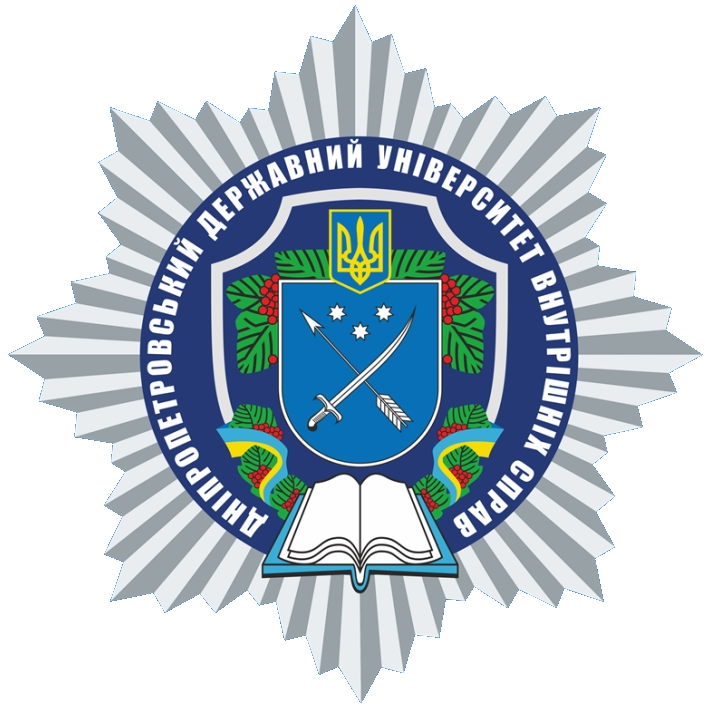
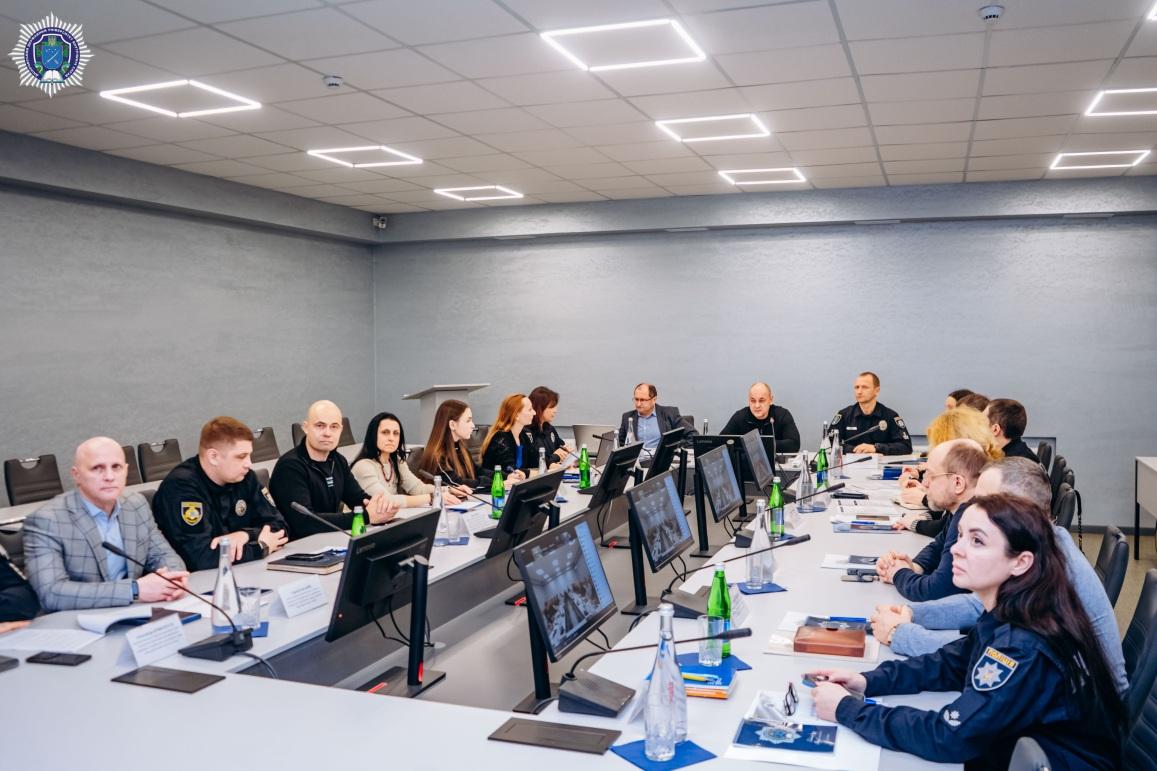
The event aimed to promote the development of fundamental and applied scientific research to address the challenges of combating crime during martial law and in the post-war period.
More than 200 participants from 40 institutions, organizations, and higher education institutions attended the conference. Among them were representatives from the USA, Moldova, Lithuania, Finland, the United Kingdom, as well as scientists from various regions of Ukraine, including Dnipropetrovsk, Zaporizhzhia, Chernihiv, Sumy, Odesa, and Lviv.
In his opening speech, DSUIA First Vice-Rector Ihor MAHDALINA emphasized the importance of professional communication in finding solutions to counter crime, particularly during martial law. He highlighted the significant increase in wartime and military criminal offenses, as well as crimes against Ukraine's national security.
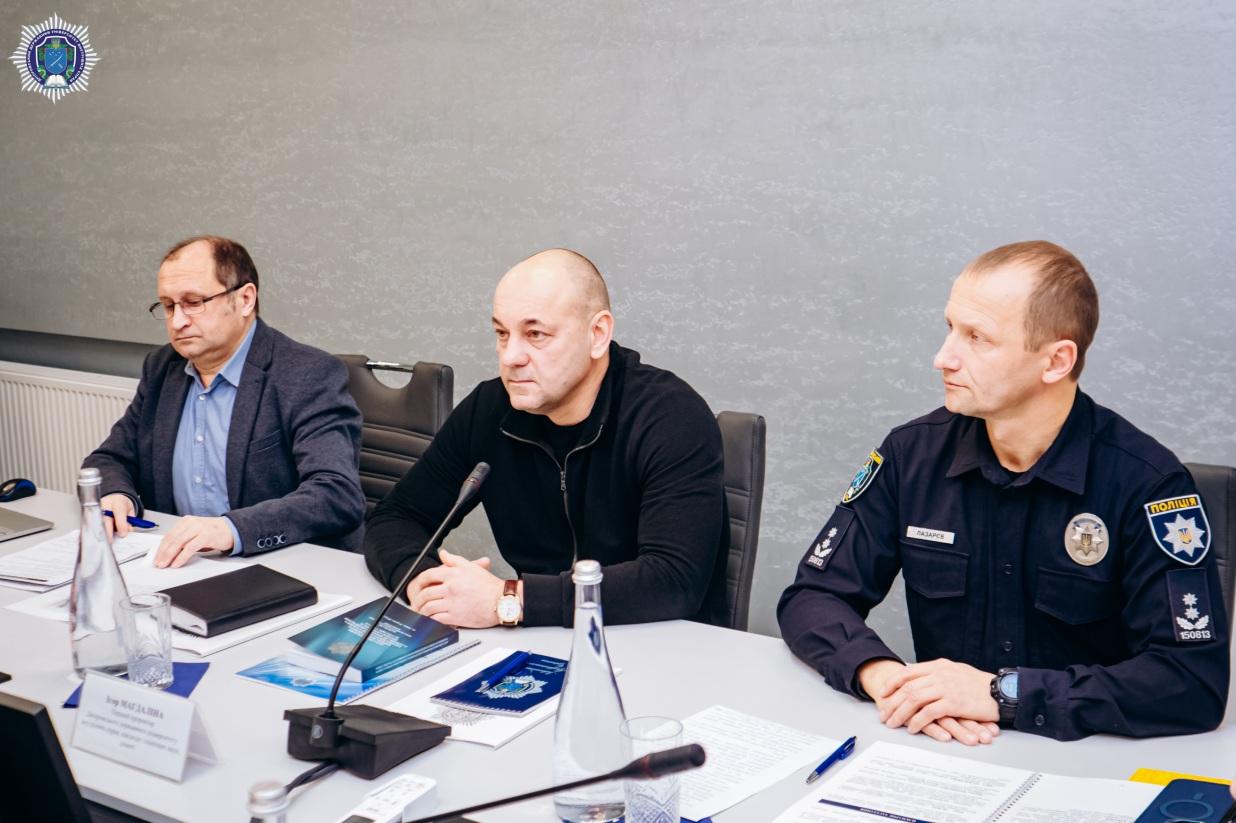
Welcoming remarks were also delivered by Police Major Maksym ROMANOV, Deputy Head of Methodological Work and Legal Support at the Main Investigative Department of the National Police of Ukraine; Police Lieutenant Colonel Vladyslav LAZARIEV, Dean of the Faculty of Training Specialists for Pre-Trial Investigation Bodies; and Henry TELKKI, Senior Advisor on Prosecutorial Activities of the EUAM in Ukraine.
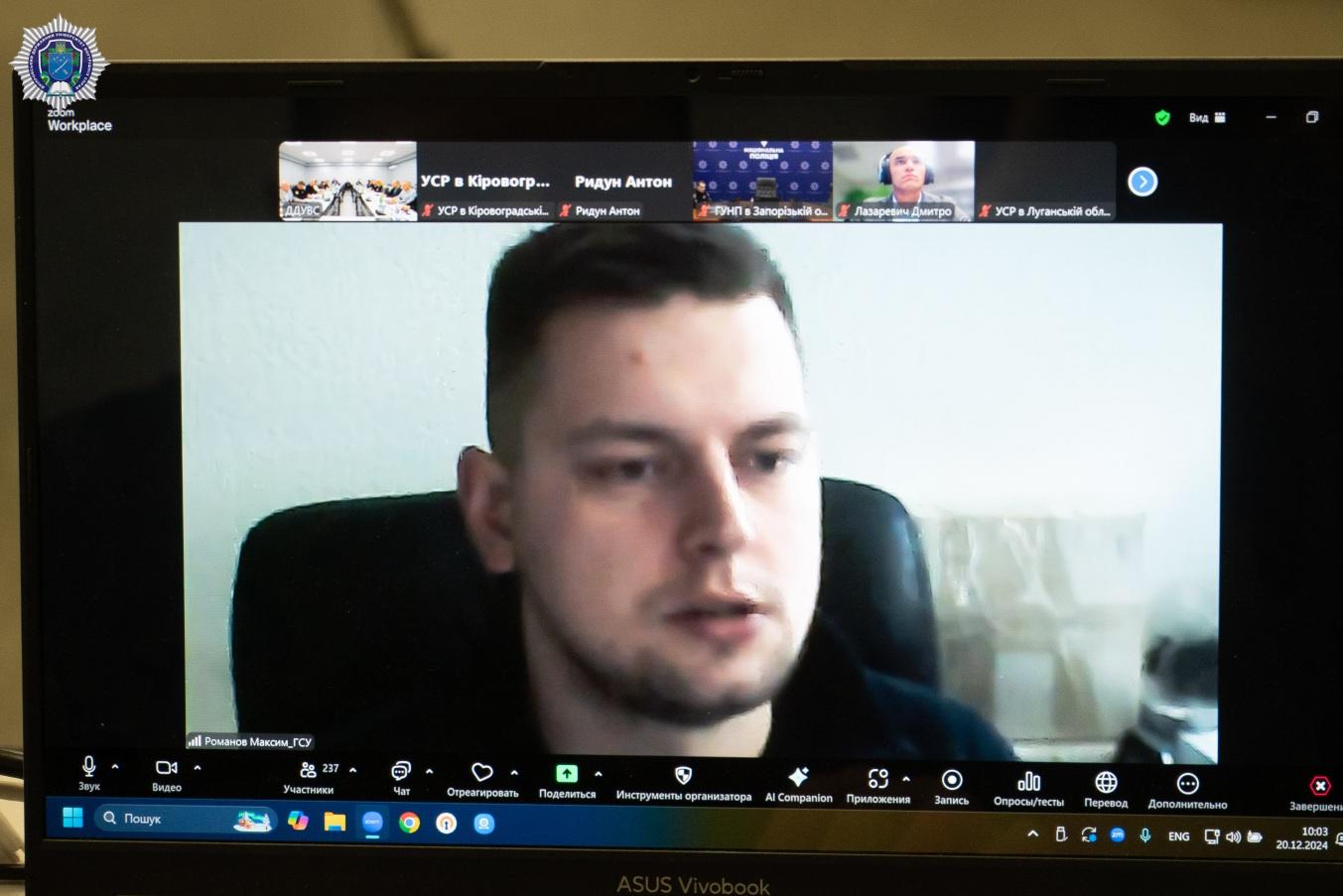
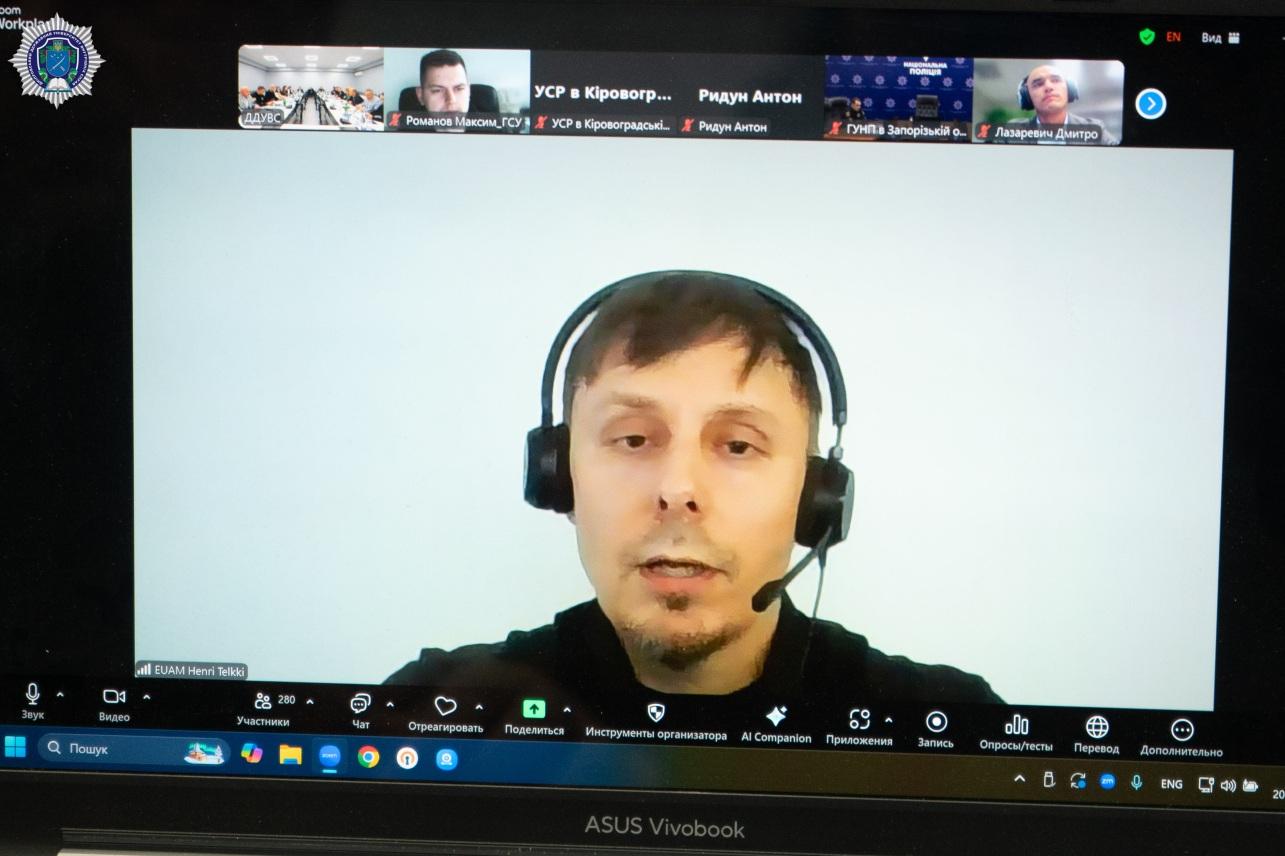
Key speakers at the conference included Eric LARSON, Senior Technical Advisor at the Commission for International Justice and Accountability and former Prosecutor for War Crimes in Bosnia and Herzegovina and Kosovo; Gediminas BUČŪNAS, Senior Advisor on Prosecutorial Issues at the European Union Advisory Mission in Ukraine and Professor at the Academy of Public Security of Mykolas Romeris University; practitioners from the National Police of Ukraine, the Bureau of Economic Security of Ukraine, the National Anti-Corruption Bureau of Ukraine; as well as researchers from DSUIA and other academic institutions.
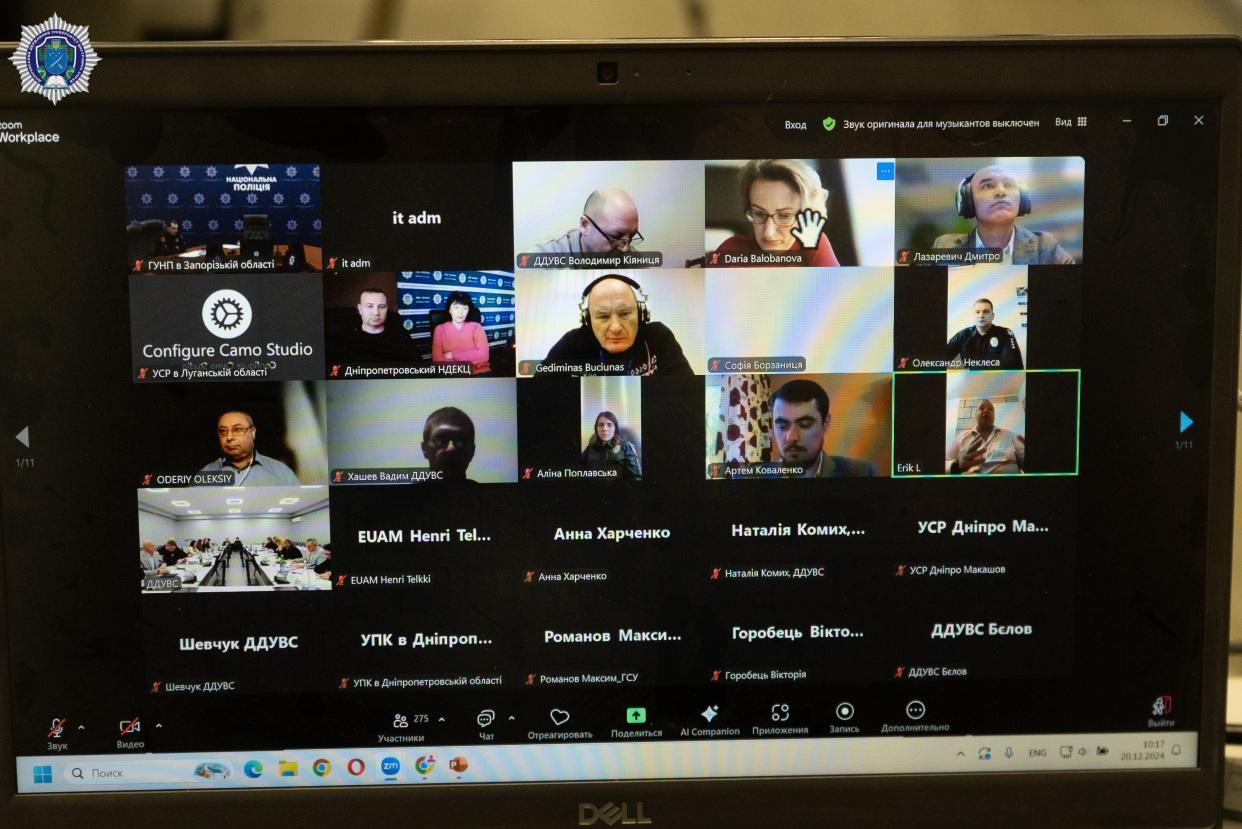
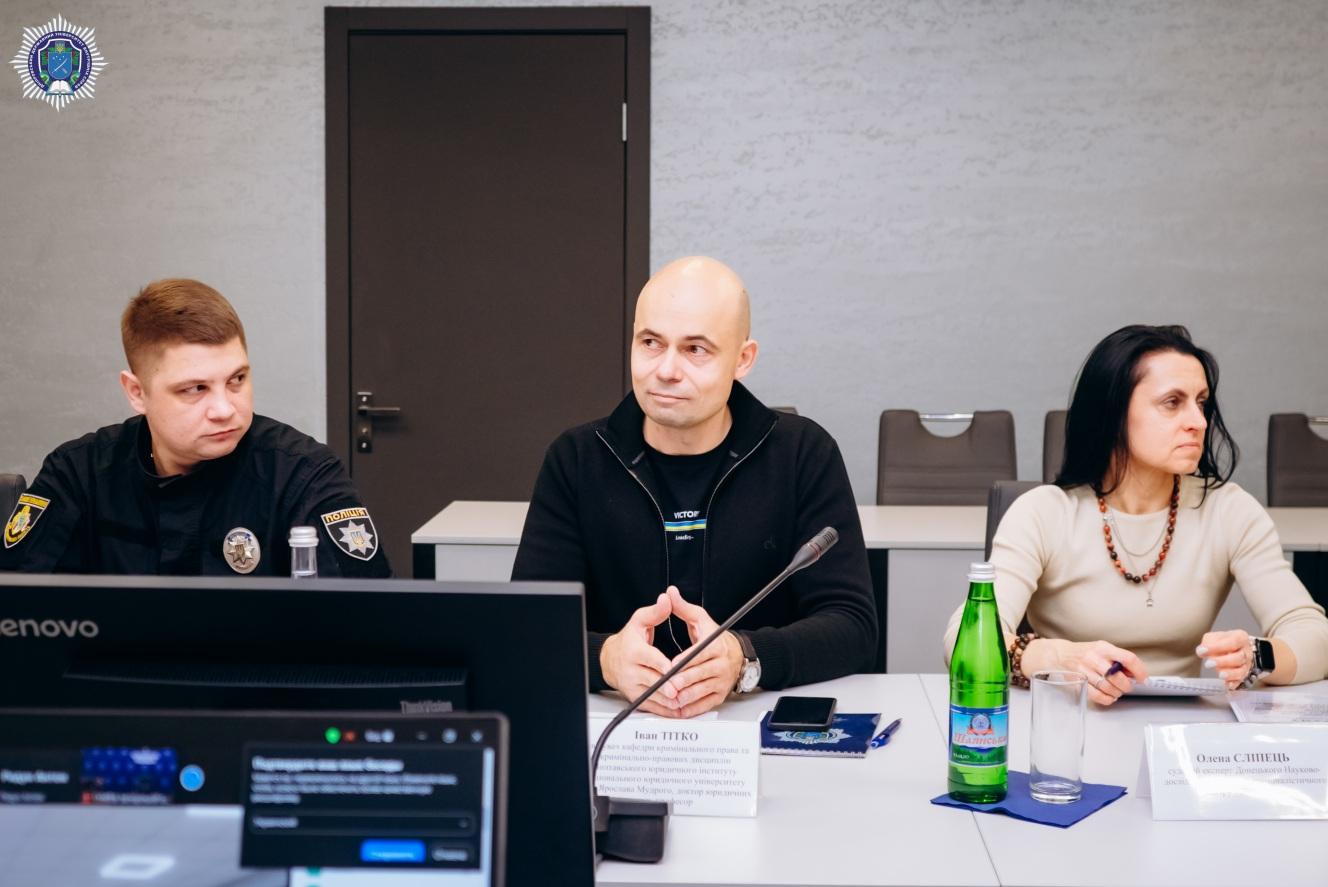
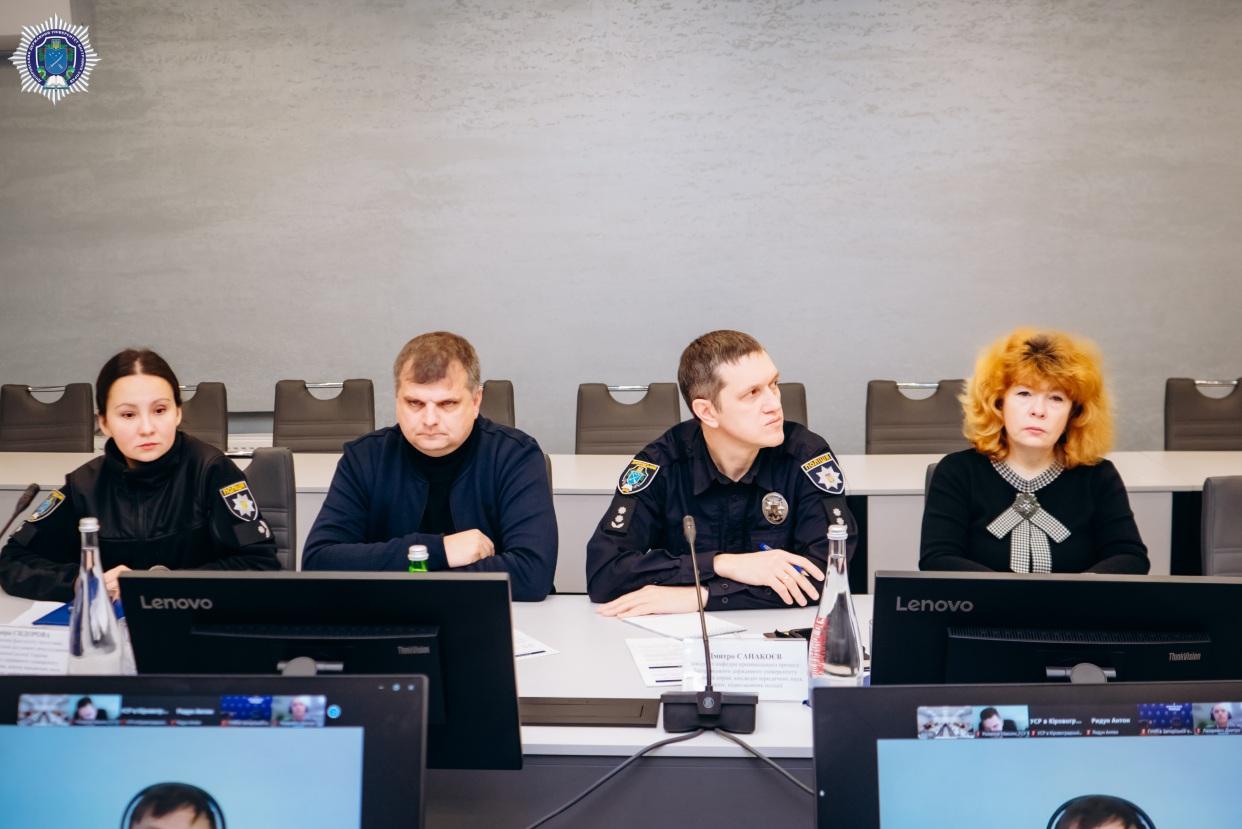
The participants discussed a wide range of topics, including criminal law and criminological support for combating crime, issues of criminal procedural support, psychological aspects of law enforcement activities during martial law, and the use of specialized knowledge in criminal justice. They also addressed other pressing challenges facing the crime prevention system in modern conditions and in the post-war period.


